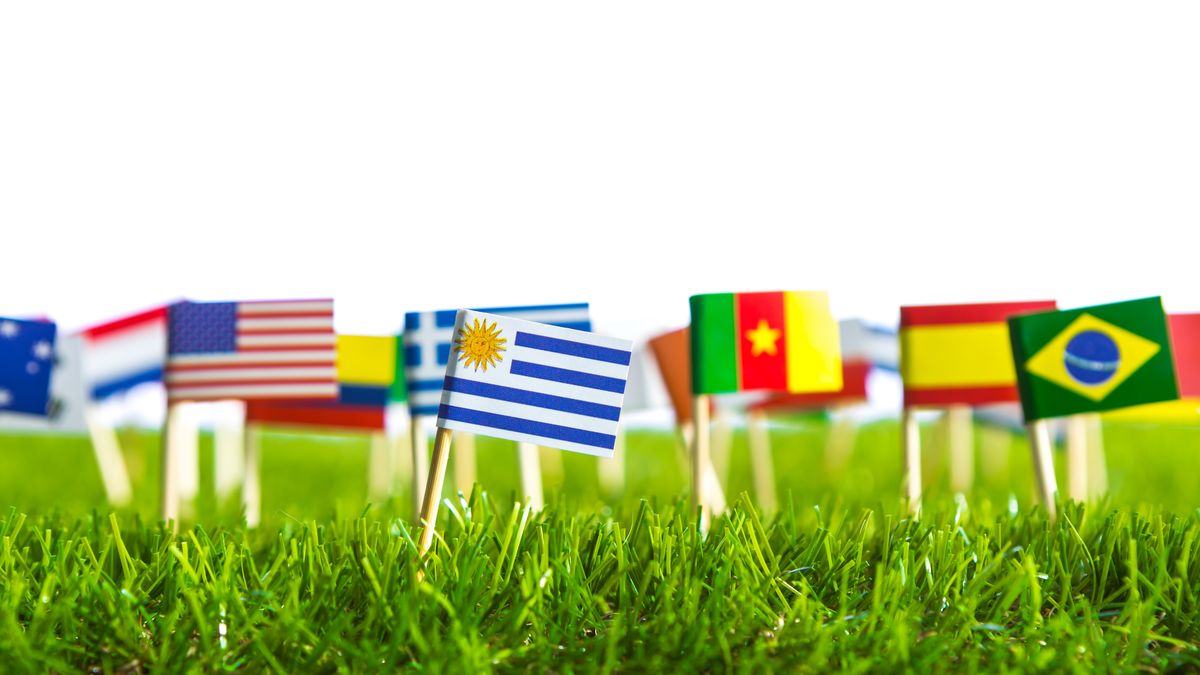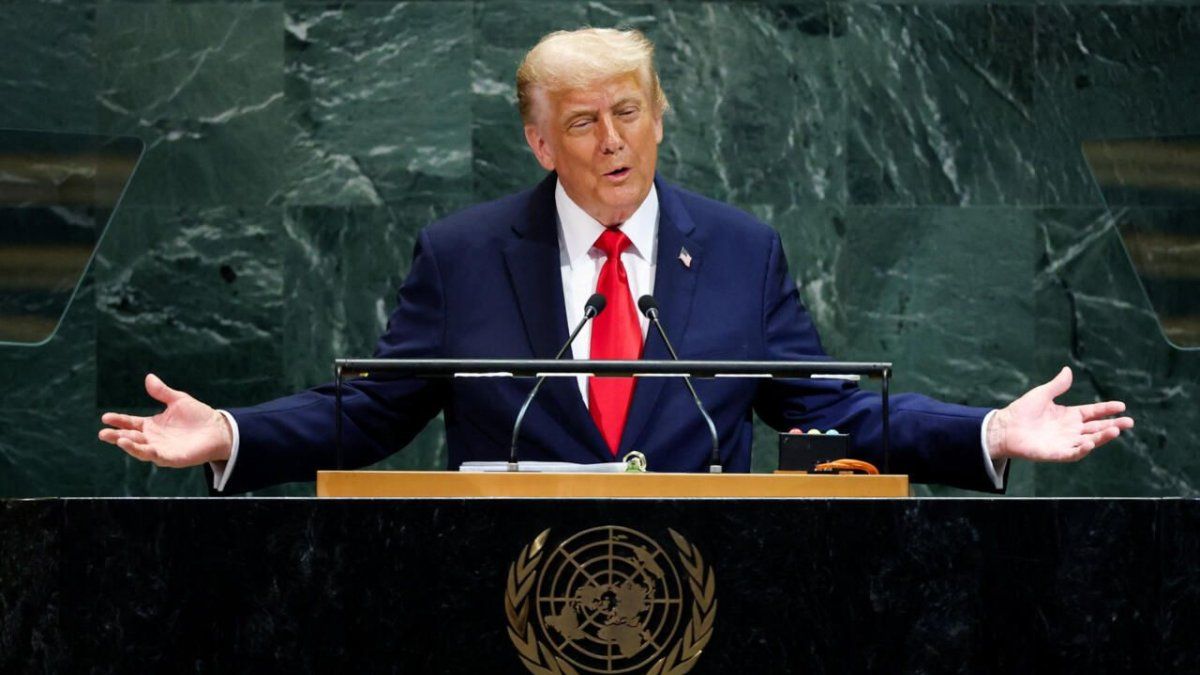Uruguay joined 31 countries, including USA, members of the region, of the European Union (EU) and Africa, to form the Association for Cooperation in the Atlantic, within the framework of the General Assembly of the UN in NY, where the president Luis Lacalle Pou He gave his speech this Tuesday.
The multilateral forum brings together countries bordering the Atlantic Ocean, with an agenda that includes economic development, care for the environment and aspects linked to science and technology, being “the first group that covers both the North and South Atlantic,” said the U.S. Embassy, through a statement.
From the US embassy they indicated that “it is the first time that so many Atlantic countries have met to establish a forum through which we can work together on a more regular basis and establish a series of shared principles,” among which they highlighted the search for “a Atlantic open free of interference, coercion or aggressive actions.”
Which countries are participating in the multilateral forum?
In addition to Uruguay, Among the participating countries, others from the region appear, such as Argentina and Brazil; from North America such as Canada and USA; and from the Caribbean, such as Costa Rica, Dominica, Guatemala, Guyana and the Dominican Republic.
Other nations are from Europe, such as Spain, Ireland, Iceland, Norway, Netherlands, Portugal and the United Kingdom; while there is also a strong African presence with Angola, Cape Verde, Ivory Coast, Gabon, Gambia, Ghana, Guinea, Equatorial Guinea, Liberia, Morocco, Mauritania, Nigeria, Republic of the Congo, Senegal and Togo.
The economic importance of the Atlantic
He Atlantic Ocean It is the busiest in the world, with critical trade routes and global energy reserves. He world Bank It is estimated that it contributes 1.5 trillion dollars annually to the global economy and expects this figure to double by 2030.
At the same time, the sectors linked to the sustainable ocean economy generate almost 50 million jobs in Africa and contribute 21,000 million dollars to the GDP of Latin America, estimated from the U.S. Embassy.
In this scenario, they spoke of “challenges such as illegal, unregulated and unreported fishing, natural disasters and illicit trafficking” as the cross-border challenges of the Atlantic region.
Thus, they will implement an action plan that includes “scientific cooperation and shared research, maritime information and awareness, and the development of a cadre of young Atlantic scientists.”
Source: Ambito




